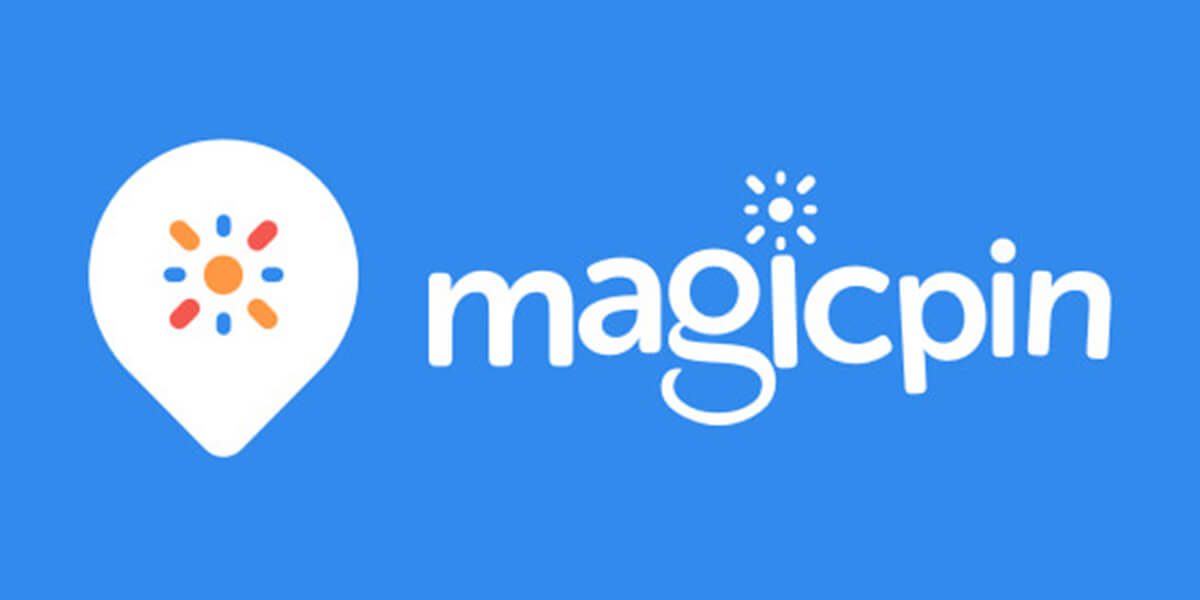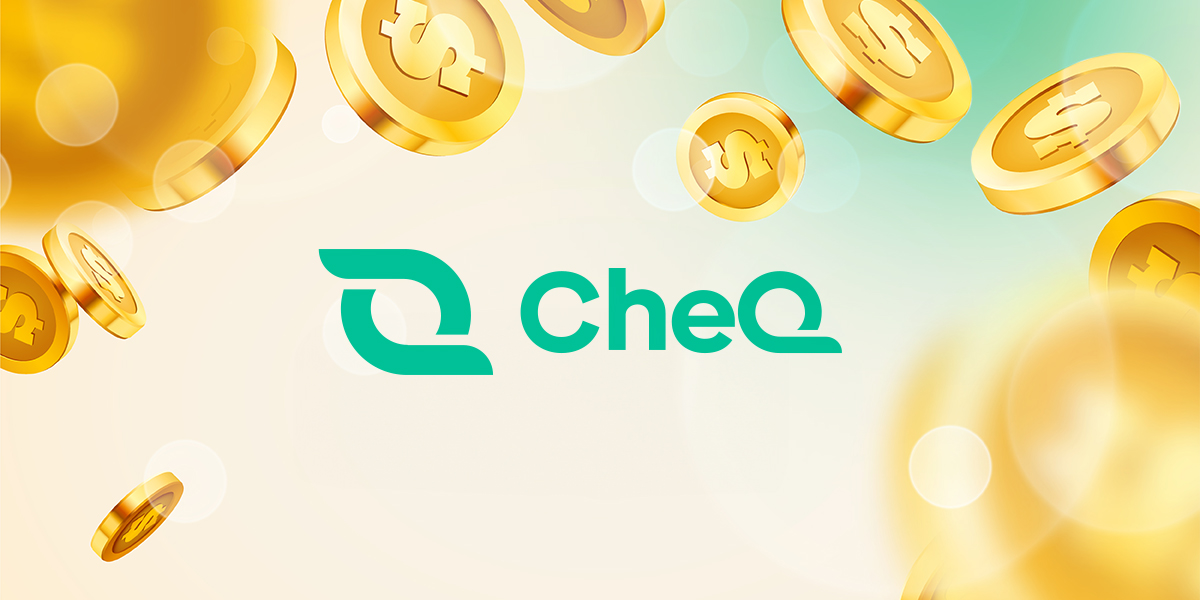Gurugram-based local discovery, rewards, and commerce platform Magicpin has spent about Rs 10 to earn a single rupee during the financial year 2016-17.
The Lightspeed India-backed company has posted a loss of Rs 17.3 crore with revenue of Rs 1.83 crore during last fiscal, according to the Registrar of Companies (RoC) filings.
The company made the RoC filings with MCA on Monday. It recorded its total losses are Rs. 15.29 crore, whereas per share loss comes at Rs 15,260.
The immense loss has been reported at a time when the company is going deeper and wider across categories and geographies.
Magicpin uses location intelligence to deliver discovery, recommendations, and rewards for local experiences. Users share their experiences across categories like restaurants, nightlife, beauty, and fashion through pictures that surface in other user’s feeds, inspiring them to discover and try these experiences.
Founded by former venture partner at Lightspeed, Anshoo Sharma and former vice president at Nexus Venture Partners, Brij Bhushan, the hyperlocal discovery startup had raised $7 million in series B round from Lightspeed India Partners and Waterbridge Ventures in May this year.
MagicPin targets the age group of 16-32 years and sees 40% of its users come back on the mobile app every fortnight. It claims to have over 100,000 downloads and is largely dominated by women users.
Currently, it is operational in Delhi, Mumbai, and Bengaluru and has recently launched in Hyderabad, Chennai, and Pune. With 1.4 million users, the company claims to facilitate Rs 30 crore of monthly sales for partners in food and beverage chains including KFC and Hard Rock Café.
Also read: Distress sale of Nearbuy and Little to Paytm heralds death of deal business in India
A quick look at deal and reward centric businesses in India
Magicpin competes with Nearbuy, Little, and Crownit amongst others. Recently, Little and Nearbuy were acquired by Paytm in about $30 million.
The upside for deal discovery platforms is limited. Nearbuy and Little were failed to create a sticky proposition for consumers and eventually sold out at a fire sale. Fundamentally, deal platforms in India weren’t aggregating what consumers search and crave for
At present, India has a little over 10 million unique customers, who transact online. Out of which only 10% of it roughly seek deals and offers across restaurants, entertainment, travel, body-art, gyms, spas, and salons regularly.














